Table of Contents
The immune system is an important part of the human organism and its activity may be often weakened by diet, environment and stress. Microorganisms have major impact on the immune system, and their imbalance can also weaken human resistance. Demanding workouts exhaust the body that is more susceptible to infections caused by viruses or bacteria. That is the reason why probiotics are important for us, but especially for athletes. Read more and find out what probiotics are and what benefits they offer.
Microorganisms and human body
You will surely not be surprised by the fact that microbes are very important for the human body. They can be found on the human body and most of them are located in the colon. Their number is also interesting because every human has about 100 trillion microbes. So there are 10 microbes per every cell of the human body. The genetic material of all microbes in the human body is called a microbiome. This microbiome includes bacteria, fungi, protozoa, and viruses. [1]
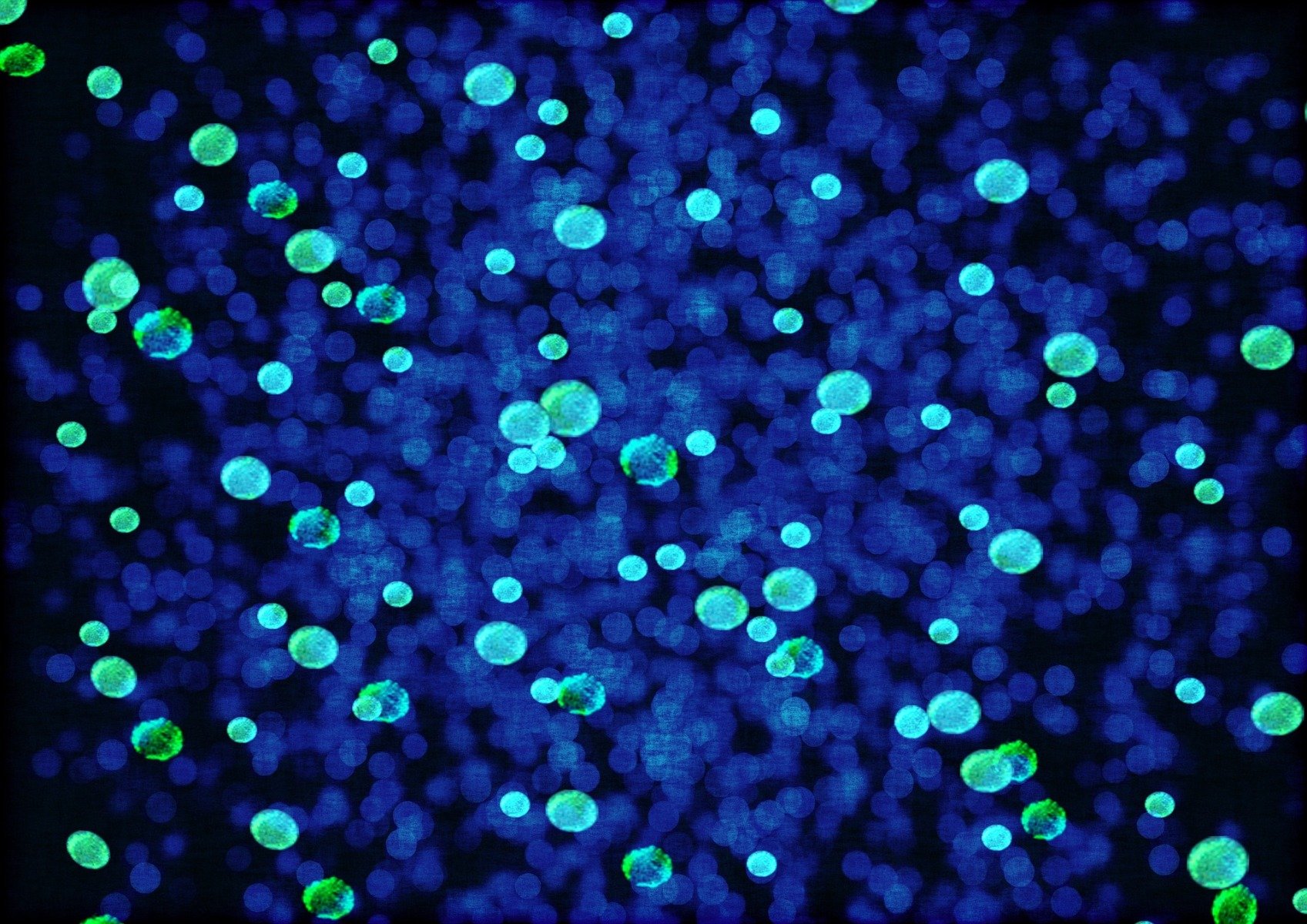
The existence of microbiome was officially confirmed in the late 1990s. The microbiome is unique for every human being and some studies have shown that it is originated before birth. It changes throughout life, and its overall structure is influenced by our environment and overall lifestyle. An important part of the microbiome are the bacteria that affect following processes in the body [1] [2]:
- help to digest food
- regulate the immune system
- protect against other bacteria that cause diseases
- help to produce vitamins B1, B2, B12 and K
It is a really high number of bacteria in the body, especially in the intestinal tract, but most of them are relatively harmless. The presence of bacteria and especially useful bacteria essentially affects human health. [3]
You might be interested in these products:
What are probiotics?
Probiotics are a type of bacteria that is important for the body because they support overall human health. Probiotics usually include bacteria, but yeasts can also act as probiotics. They can be taken from food prepared by bacterial fermentation or as nutritional supplements. [3]
What is fermentation and why is food fermented?
Fermentation is an ancient way of preserving food. It is still popular today. The best known raw materials that go through the fermentation process are yoghurts, cheese, sauerkraut or wine. Microorganisms used for fermentation are those that can convert carbohydrates into acids and alcohol. Fermented foods are classified as probiotics because during this process useful bacteria grow. [21]
Fermentation, soaking or germination of seeds, tubers and grains may also cause the elimination of antinutrients. These antinutrients reduce the nutrient absorption of nutrients from the diet, including phytates, tannins, or lectins. The result is better food quality [20] [22]:
- is better digestible
- has a higher protein and mineral content
The best known types of probiotics
There are different types of bacteria that can be classified as probiotics. Manufacturers often call probiotics in products as ‘active cultures’ or ‘live cultures’. The best known include [5] [6] [7] [8 [9]:
1. Lactobacillus – is probably the best known strain of bacteria that is found in fermented food and yoghurts. It includes several types of lactobacilli, such as Acidophilus, Acidophilus Bifidus or L. Casei Immunitas. They naturally occur in our digestive, excretory and reproductive systems. They can be beneficial in abdominal pain, constipation, diarrhea or hay fever and are also important for those people with lactose intolerance.
2. Bifidobacterium – is a group of bacteria that may be found in dairy products and survive in the body in the stomach and intestines. Scientists have recently discovered nearly 50 species of this bacteria and they probably have a different function and importance to our health. They all are important. Although, they make less than 10% of the bacterial part of the intestinal microbiome. Their main functions include digestion of fiber and other complex carbohydrates that our body cannot digest. They are also beneficial in combating irritable bowel syndrome and other diseases.
3. Saccharomyces boulardii (yeast strain) – this yeast strain was once considered unique, but it is believed to be a strain of the genus saccharomyces cerevisiae nowadays. Boulardii is different from other strains as it is used in the medicine, while cerevisiae strains are known as baker’s or brewers’ yeast. They are useful in preventing and treating various types of diarrhea, for example after taking antibiotics.
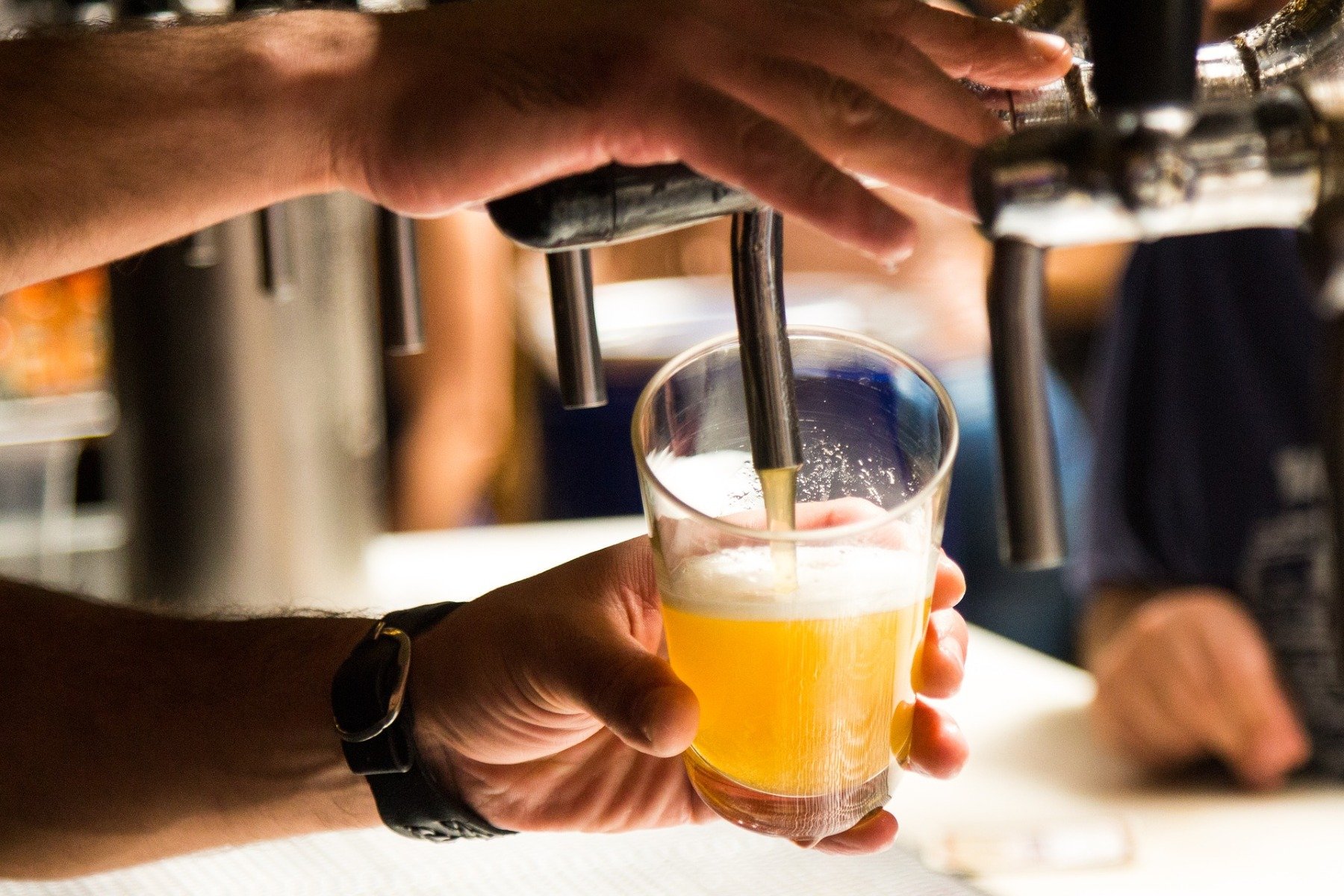
The best sources of probiotics
We can get probiotics from food prepared by bacterial fermentation or supplementation. The best sources of probiotics are [3] [10] [11]:
- Yogurt
- Kefir
- Sauerkraut
- Tempeh (traditional Indonesian fermented soy meal)
- Kimchi (traditional Korean fermented vegetable dish)

However, we should not confuse the term probiotics with a similar term – prebiotics. Probiotics are a source of beneficial bacteria, but prebiotics contain a type of fiber that is a diet for beneficial bacteria in the intestines. Probiotics and prebiotics are both needed to maintain the correct bacterial content, support digestion, and adequate intestinal environment. Prebiotics can be found in fiber-rich foods such as cereals, fruits or vegetables. [3] [12]
Our body cannot digest prebiotics, but their importance is appreciated by probiotics that help to keep them ‘alive’. For better orientation and clarity of the difference between probiotics and prebiotics, here is a table with their names and sources [20]:
| probiotics | sources of probiotics |
|---|---|
| lactobacillus bifidobacterium yeasts | dairy yoghurts, soya or coconut yoghurts kefir with milk product content bacterially fermented cheese sauerkraut and pickles(fermented, not only pickled in vinegar) kimchi Sources of yeasts, mold and fungi : winemoldy cheese soy sauce soup Miso |
| prebiotics | sources of prebiotics |
|---|---|
| polydextrose inulin fructo-oligosaccharides galactooligosaccharides | cereals- oats, rye, barley, wheat and quinoa beans sweet potatoes garlic and onion bananas berry fruit |
The importance of probiotics for humans
Not all probiotics are the same, different types of bacteria and yeast affect the body in different ways. For humans, they mainly affect digestion and weight loss, but also affect several other processes.
Probiotics and their importance for digestion and weight loss
The most common reason for taking probiotics is to prevent digestive problems that often occur when taking antibiotics. The natural microflora in the intestines is destroyed by antibiotics and it causes the spread of harmful bacteria in the intestine. Probiotics provide bacterial balance and are effective in combating multiple problems and diseases such as [3]:
- common digestive problems
- bloating
- constipation
- ulcerative colitis
- Crohn´s disease
- irritable bowel syndrome
- infection caused by bacteria Helicobacter pylori
The importance of probiotic treatment is particularly evident in the treatment of diarrhea. It was confimred in the control study, that Lactobacillus GG may reduce the course of the disease in infants and children. In the case of constipation, there are no recommendations on the use of probiotics, but research has shown a positive effect of probiotics in this type of problem. Small studies of the effect of bacteria on the disappearance of symptoms of ulcerative colitis and worse symptoms of Crohn’s disease also show the effects of probiotics. For the relevant results, further research is needed to identify effective strains against these diseases. [13]
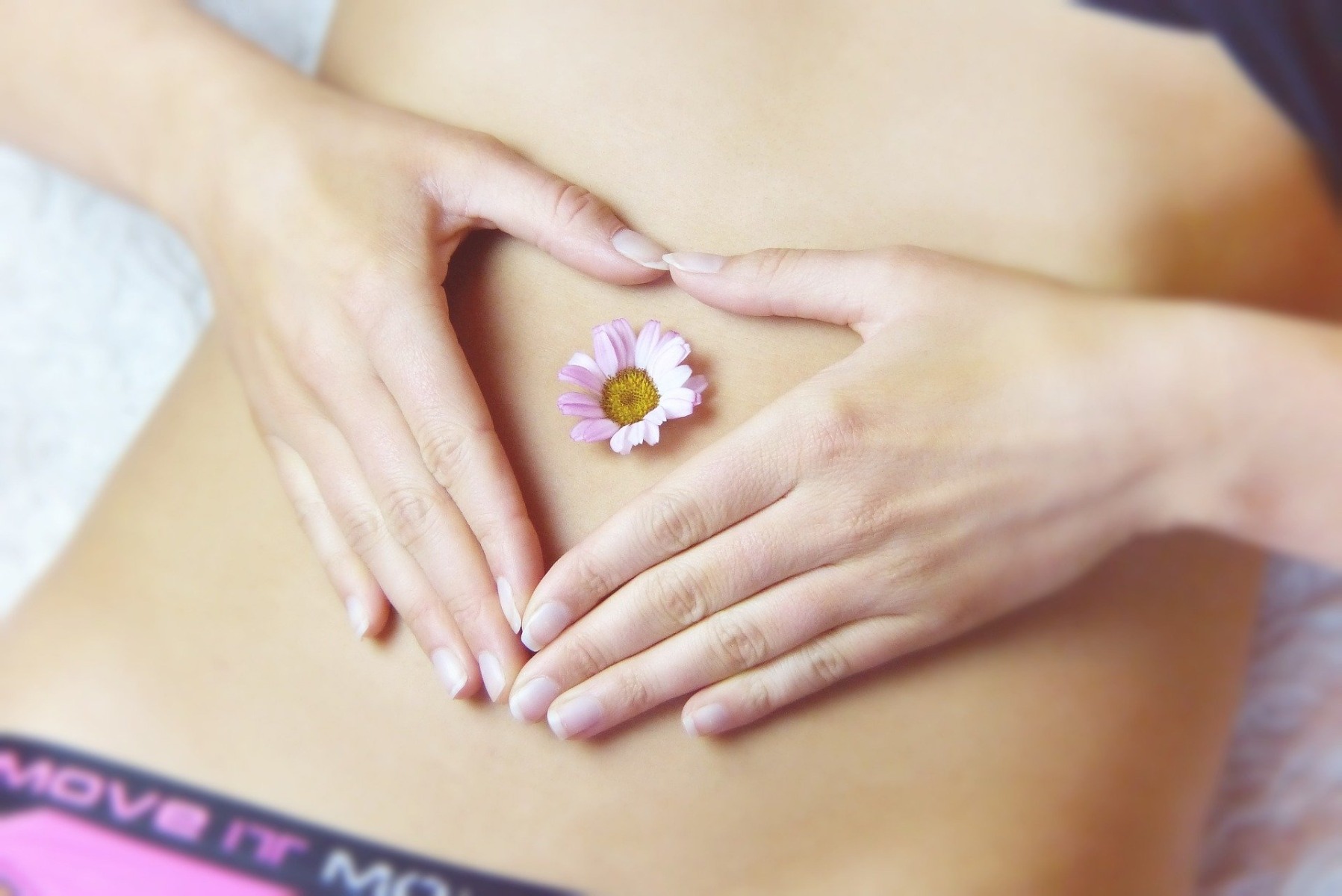
Probiotics and weight reduction
Skinny and obese people do not have the same bacteria content in the intestinal system. Several experts believe that there is a link between gut bacteria and human weight. A 2013 study showed the positive effect of Lactobacillus gasseri on weight reduction. This research involved 210 obese people with characteristic fat in the abdomen. According to the results, 8.5% of the abdominal fat was lost within 12 weeks due to the use of lactobacilli. Lactobacillus rhamnosus and Bifidobacterium lactis are also included in the category of beneficial bacteria, but further research is needed to confirm their impact. [3]
A 2014 study looked at the effect of Lactobacillus rhamnosus on obese people. According to these results, the participants in the group with bacteria lost more weight than those in the placebo group. However, male participants did not have the same effect. In another study, Lactobacillus fermentum and Lactobacillus amylovorus were tested. Obese participants consumed bacteria in yoghurt for 6 weeks. At the end of the test period, an average of 3-4% body fat loss was shown. Bacteria have an effect on the cleavage of food and this can affect the change in body weight. However, probiotics should not be considered as a generally effective supplement to reduce weight. [14] [15] [16]
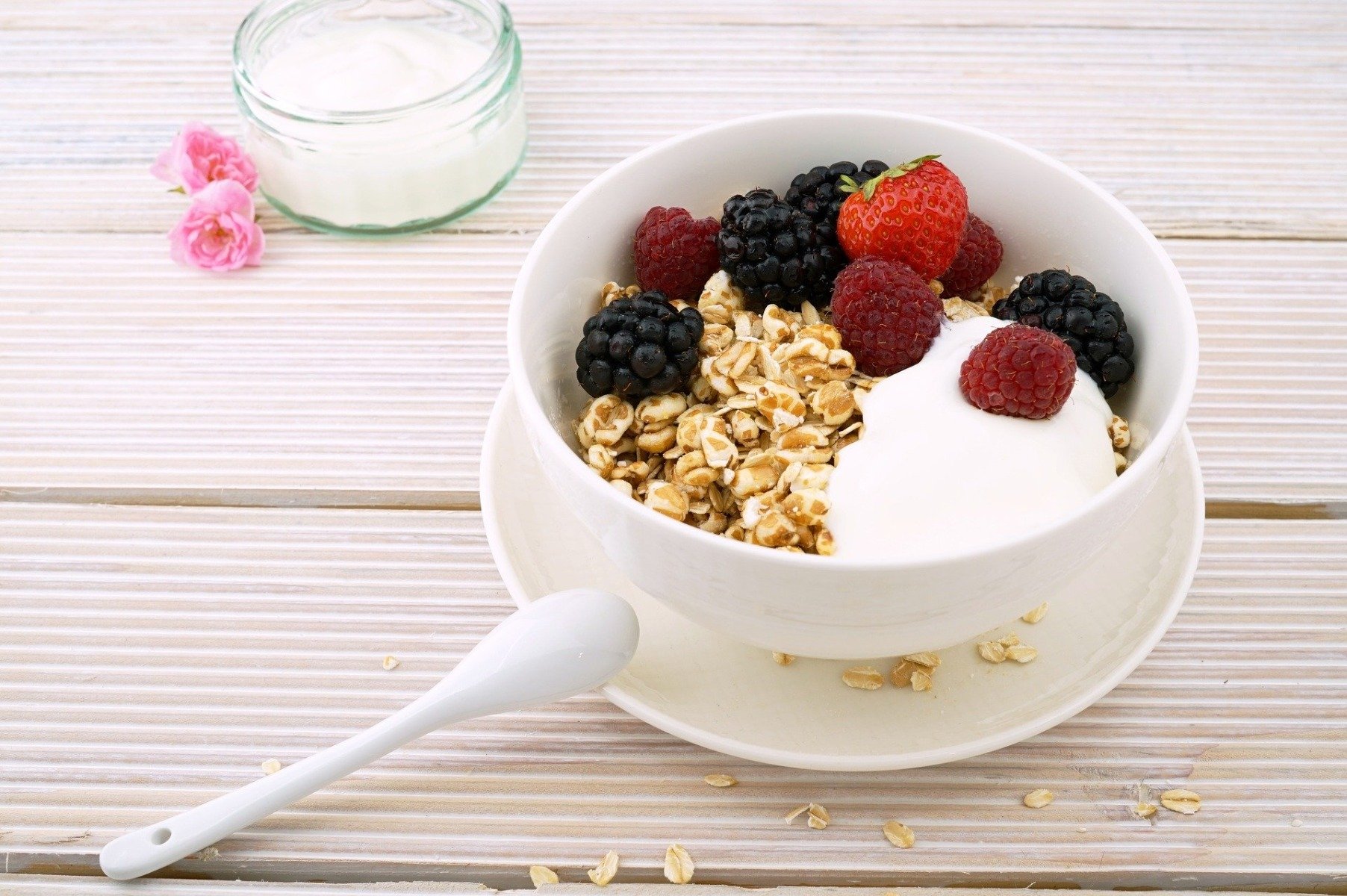
Probiotics and their importance for athletes
Probiotics affect not only on the overall health, but also muscle mass building and regeneration. If muscle growth and overall strength are important to you, you should be interested in probiotics for several reasons [17][18]:
1. They improve the immune system – thanks to immunity and proper intestinal microflora we are more resistant to inflammations and dangerous pathogens. The more resistant you are to inflammations and diseases, the more and better you can train. You may have noticed that some athletes are more often ill than ordinary people. It is because several endurance athletes cross the line between health improvement and injury. The immune system is responsible for the body’s resistance, mainly proteins called interferons. It is a type of protein that is released when parasites, bacteria, viruses or tumor cells are present. Research has shown that supplementation of beneficial bacteria has a positive effect on tired athletes, manifested by increased interferons and decreased disease.
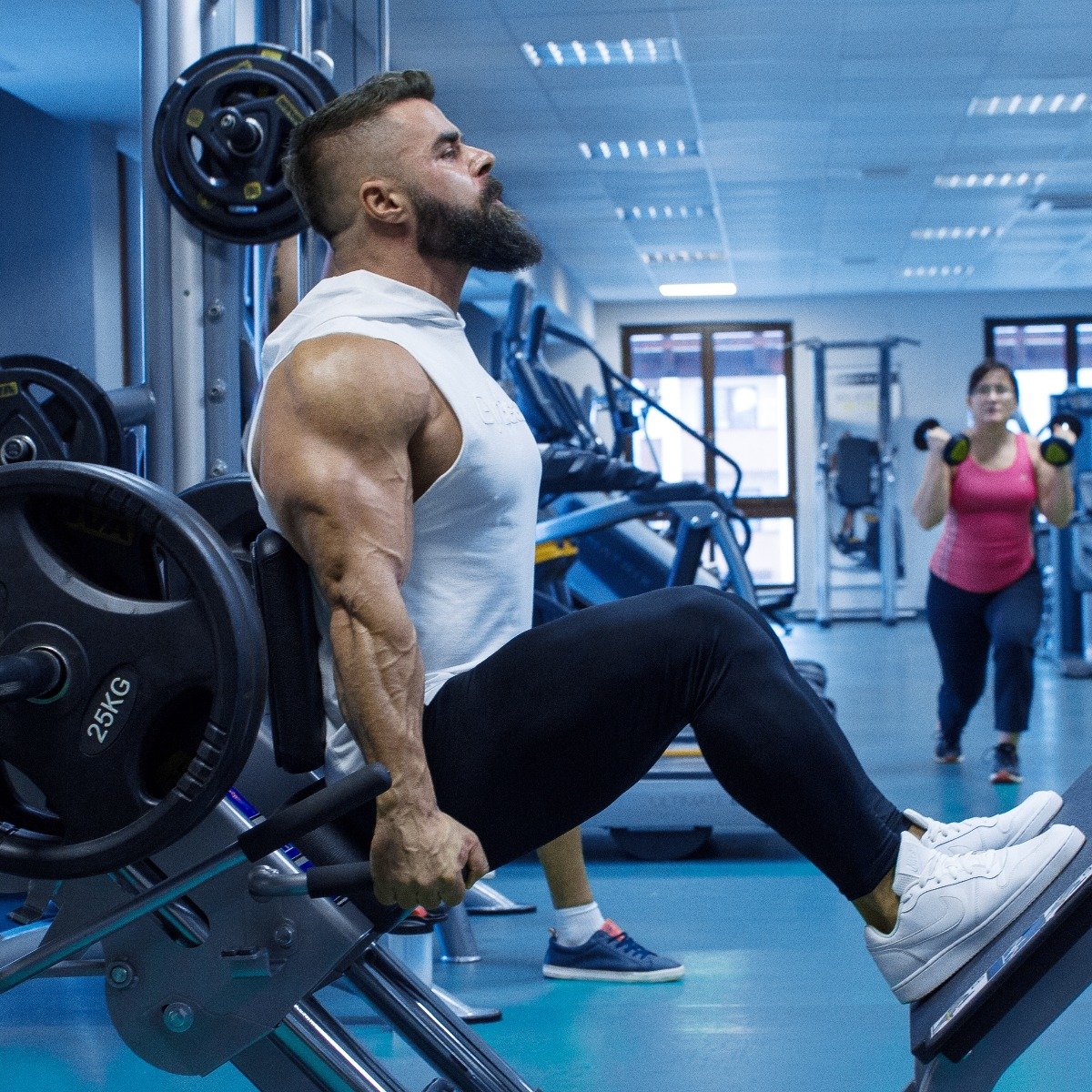
2. They increase the amount of antioxidants – useful bacteria, such as lactobacillus, take toxins away from the body. This process increases the content of antioxidants in the body, resulting in a better ability to reduce oxidative stress.
After a demanding workout, oxidative stress and longer regeneration time are common. However, probiotics consumption during recovery increases the absorption of antioxidants that are needed to combat free radicals.
3. They affect nutrient absorption – a combination of training and the right intestinal bacteria affects the body’s structure. The presence of beneficial bacteria improves strength and muscle building of active people. They are also involved in the absorption of fats and other nutrients, but also have an effect on appetite.
In addition, useful bacteria can reduce intestinal inflammation, nausea and food sensitivity, which are a common problem of athletes during and after training.
Probiotics and antibiotics
Antibiotics are used against the spread of bacterial infections. They can destroy and stop the spread of bacteria in the human body. They do not affect virus infections, so they will not help in case of flu or cold. However, antibiotics can destroy not only bad bacteria, but also useful ones. Antibiotic use is therefore often associated with side effects such as diarrhea. It is because of the imbalance in the intestinal microflora caused by their use. On the other side, taking probiotics can help restore healthy bacteria and reduce diarrhea symptoms. That is the reason why some doctors recommend taking probiotics, such as yeast Saccharomyces boulardii, which treat and prevent diarrhea caused by the use of antibiotics or subsequent infection. [2] [23]
Side effects of probiotics
Lack of probiotics in the body causes problems, but also excess of them may be harmful. It is useful to know the symptoms of an excess of useful bacteria in the body [19]:
- abdominal pain and cramps
- diarrhea
- inflation and bloating
It is unnecessary to cause panic in case of side effects. It is also not necessary to stop taking them, it is only needed to reduce the dose and follow the following rules [19]:
- use probiotics on an empty stomach – by eating probiotics on an empty stomach or at least 30 minutes before a meal you increase the chance of surviving beneficial bacteria.
- drink plenty of water – this ensures optimal hydration for diarrhea
- be patient – you may see the benefits of taking probiotics after 2 weeks, as the body needs time to set up for beneficial bacteria.
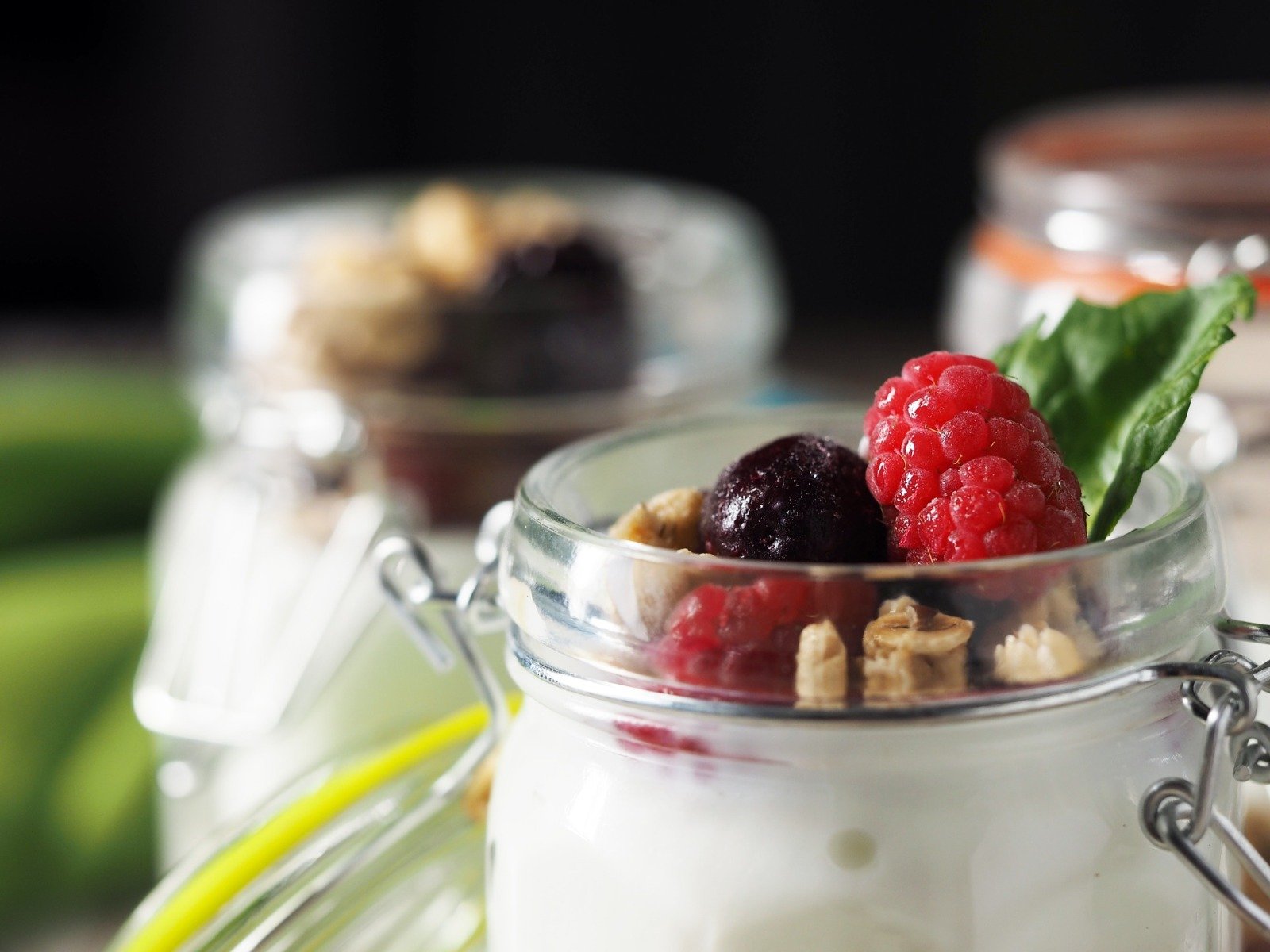
The presence of bacteria is generally considered to be negative and we usually tend to avoid microorganisms. However, bacteria affect human health, and without the useful bacteria in the intestines, the body would not be able to prevent harmful microorganisms.
Whether you are a supporter of probiotics from the diet or in the form of nutritional supplements, we believe that you learned everything you needed to know about probiotics. Do you want to let your friends know about probiotics and their importance? Feel free to support the article by sharing.
[1] Marilyn Hair, Jon Sharpe - Fast Facts About The Human Microbiome – https://depts.washington.edu/ceeh/downloads/FF_Microbiome.pdf
[2] Louisa Richards - A guide to the best probiotics – https://www.medicalnewstoday.com/articles/327389
[3] Kris Gunnars - Probiotics 101: A Simple Beginner's Guide – https://www.healthline.com/nutrition/probiotics-101
[4] Hrefna Palsdottir - 11 Probiotic Foods That Are Super Healthy – https://www.healthline.com/nutrition/11-super-healthy-probiotic-foods
[5] Rachel Nall - Probiotic foods: What to know – https://www.medicalnewstoday.com/articles/323314
[6] Brunilda Nazario - What Are Probiotics? - https://www.webmd.com/digestive-disorders/what-are-probiotics#1]
[7] LACTOBACILLUS – https://www.webmd.com/vitamins/ai/ingredientmono-790/lactobacillus
[8] Debra Rose Wilson - Bifidobacterium Bifidum: Benefits, Side Effects, and More – https://www.healthline.com/health/bifidobacterium-bifidum
[9] SACCHAROMYCES BOULARDII – https://www.webmd.com/vitamins/ai/ingredientmono-332/saccharomyces-boulardii
[10] Rachael Link - Why Tempeh Is Incredibly Healthy and Nutritious – https://www.healthline.com/nutrition/tempeh
[11] Cecilia Snyder - 9 Surprising Benefits of Kimchi – https://www.healthline.com/nutrition/benefits-of-kimchi
[12] Zawn Villines - What is the difference between prebiotics and probiotics? – https://www.medicalnewstoday.com/articles/323490
[13] Health benefits of taking probiotics - Probiotics can aid digestion and help maintain gut health – https://www.health.harvard.edu/vitamins-and-supplements/health-benefits-of-taking-probiotics
[14] Jon Johnson - Can probiotics help you lose weight? – https://www.medicalnewstoday.com/articles/325291
[15] Marina Sanchez, Christian Darimont, Vicky Drapeau, Shahram Emady-Azar, Melissa Lepage, Enea Rezzonico, Catherine Ngom-Bru, Bernard Berger, Lionel Philippe, Corinne Ammon-Zuffrey, Patricia Leone, Genevieve Chevrier, Emmanuelle St-Amand, Andre´ Marette, Jean Dore, Angelo Tremblay - Effect of Lactobacillus rhamnosus CGMCC1.3724 supplementation on weight loss and maintenance in obese men and women – https://corpus.ulaval.ca/jspui/bitstream/20.500.11794/15362/1/effect_of_lactobacillus_rhamnosus_cgmcc13724_supplementation_on_weight_loss_and_maintenance_in_obese_men_and_women.pdf
[16] Jaclyn M.Omar, Yen-Ming Chan, Mitchell L.Jones, Satya Prakash, Peter J.H.Jones - Lactobacillus fermentum and Lactobacillus amylovorus as probiotics alter body adiposity and gut microflora in healthy persons – https://www.sciencedirect.com/science/article/pii/S1756464612001399
[17] Mark Williams - Why Should Bodybuilders Take Probiotics: 6 Lesser Known Probiotics Benefits – https://www.massgainssource.com/should-bodybuilders-take-probiotics/
[18] Kelli Jennings - 3 Reasons Athletes Need Probiotics – https://www.active.com/nutrition/articles/3-reasons-athletes-need-probiotics
[19] Bryan Tran - 4 Signs You Are Taking Too Many Probiotics – https://breakingmuscle.com/fitness/4-signs-you-are-taking-too-many-probiotics
[20] Ryan Andrews - All about probiotics: – https://www.precisionnutrition.com/all-about-probiotics
[21] Daisy Coyle - What Is Fermentation? The Lowdown on Fermented Foods – https://www.healthline.com/nutrition/fermentation
[22] Atli Arnarson - How to Reduce Antinutrients in Foods – https://www.healthline.com/nutrition/how-to-reduce-antinutrients
[23] Adam Felman - What to know about antibiotics – https://www.medicalnewstoday.com/articles/10278

